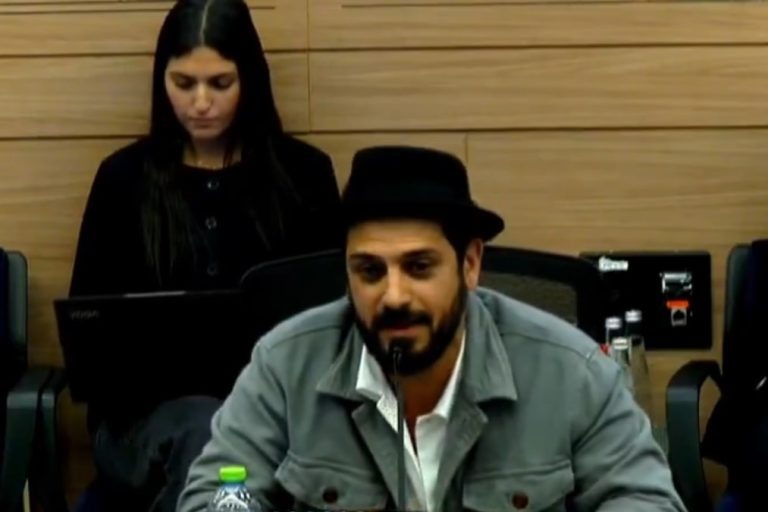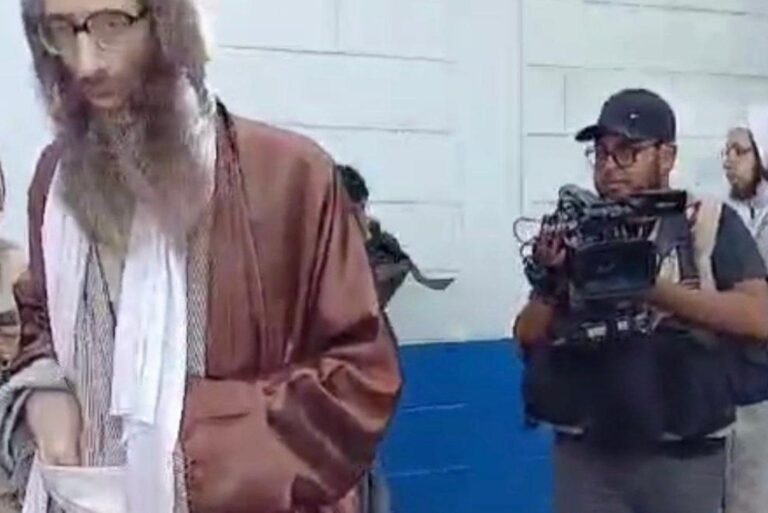This weeks parsha begins with the commandment of the para aduma. The parsha begins with the words ‘zos chukas haTorah… (19; 2). The gemara in Berachos (63b) learns from the word ‘zos’ that “from where do we know that the words of Torah are not retained except by one who kills himself over Torah? For it says ‘zos; zos haTorah Adam ki yamus b’ohel…’
The aforementioned gemara is a reference that a person must kill himself over Torah in order that he should retain its holy words. The early acharonim ask what type of commandment is this? We know one may not kill himself with the exception of the three aveiros chamuros. The Torah clearly states ‘v’chai bahem’ that we shall live by the mitzvos of the Torah. How can we interpret this chazal of ‘elah b’mi shemaymis atzmoy aleha…?’
Chofetz Chaim offers an answer with the following mashal.
There was a man who started a business on his own. Within time the business flourished and grew turning him into a very successful entrepreneur. The drawback was his new habits, he barely had time to daven, learn or to spend time with his family. Every free moment, he was working to make more and more money. Finally, after most of his children were married, he realized that we don’t live forever. He began to think that maybe he should change his lifestyle a bit and dedicate more time to his spirituality. He decided that tomorrow morning he was going to stay for the whole davening and afterwards he was going to learn for two hours. He was adamant about his decision and didn’t care to share it with anyone, not even his wife.
The next morning he does just that. After a meaningful davening he sits down and starts delving into the gemara. Back at home his wife is waiting for him and assumes something must have come up. A short while later his workers show up to the house inquiring his whereabouts to see if everything is ok. Not sure what was going on she gave them the keys to the business and told them to go ahead without him. When he finished learning and came home his wife asked what took so long. He replied that he got caught up with something and didn’t realize the time. She understood that it can happen and simply shrugged it off.
The next day, when he repeated the same behavior and the customers and workers showed up at his doorstep, she once again gave them the keys but this time she went to shul to see where he was. As she approached the shul she peaked inside and saw that he was sitting and learning. She asked someone to call him out and asked him what he was doing. ‘It isn’t Shabbos!’ she exclaimed. He responded and told her that he had decided he must change his ways and devote more time to learning. She protested by saying that customers and sales people were banging down the house door. He responded that he was an older man and just as if the malach hamaves came right now to do his shlichus he won’t be able to tell him ‘not now, I have too many customers’ so too with learning no one can say “Not now, I have too much do to”.
Just like death is unavoidable and beyond our control the same is true when a person sets aside time for learning; they have to say ‘nothing can pull me away from this’. It doesn’t mean one must literally kill themselves but one must treat it as if nothing else is going on. One must have the ‘nothing can stop me now’ attitude; it’s as if malach hamaves took you away for those two hours.
Chazal teach us ‘kol hakoneh eved ivri k’koneh adon le’atzmoy’; anyone who purchases a slave is as if they have purchased a master for themselves’ (Kiddushin 20a). I heard a pshat here in the name of R’ Shmuli Levitan, shlit”a that the understanding in this chazal is because your needs are now secondary to his needs. If you only have one of an item, you are required to give it to the slave first. Anything someone has to purchase for someone else first, makes him have a master. That’s pshat why Avraham Avinu was credited as the first person to call Hashem his Adon; master. Why? The answer is as follows.
Do we put Hashem before our needs or do we say yes, we’ll do whatever Hashem wants but as long as I’m ok and it fits in to everything else I need to do. Who is willing to put Hashems needs before his own needs? That’s pshat here that a person has to understand that he is giving his time up for Hashem. It can’t just be when it’s convenient for him. When its Hashems time your own needs don’t exist. All my personal necessities cease to exist in the face of Hashem. That’s the explanation here in ‘adam ki yamus b’ohel.. It’s easy when it’s convenient. But an ehrilch person does it even when it’s inconvenient.
May we all be zoche to reach the level where we can put aside our needs and prioritize Hashems needs before our own.










